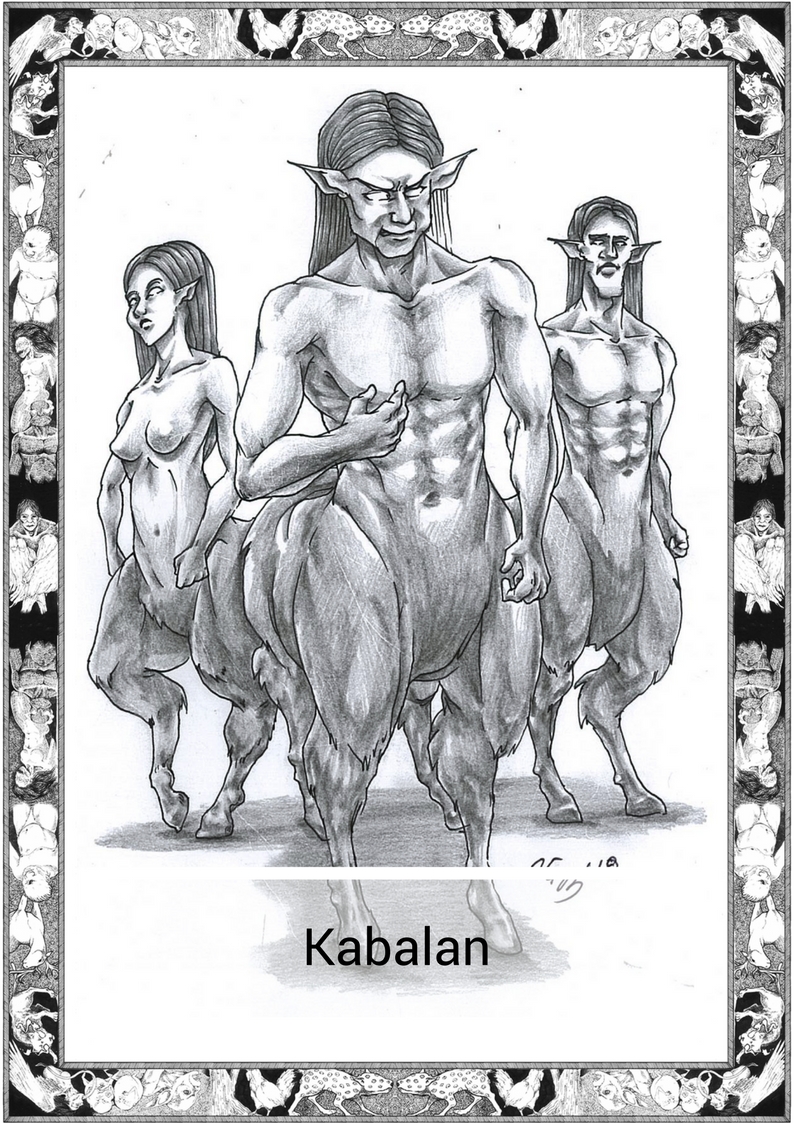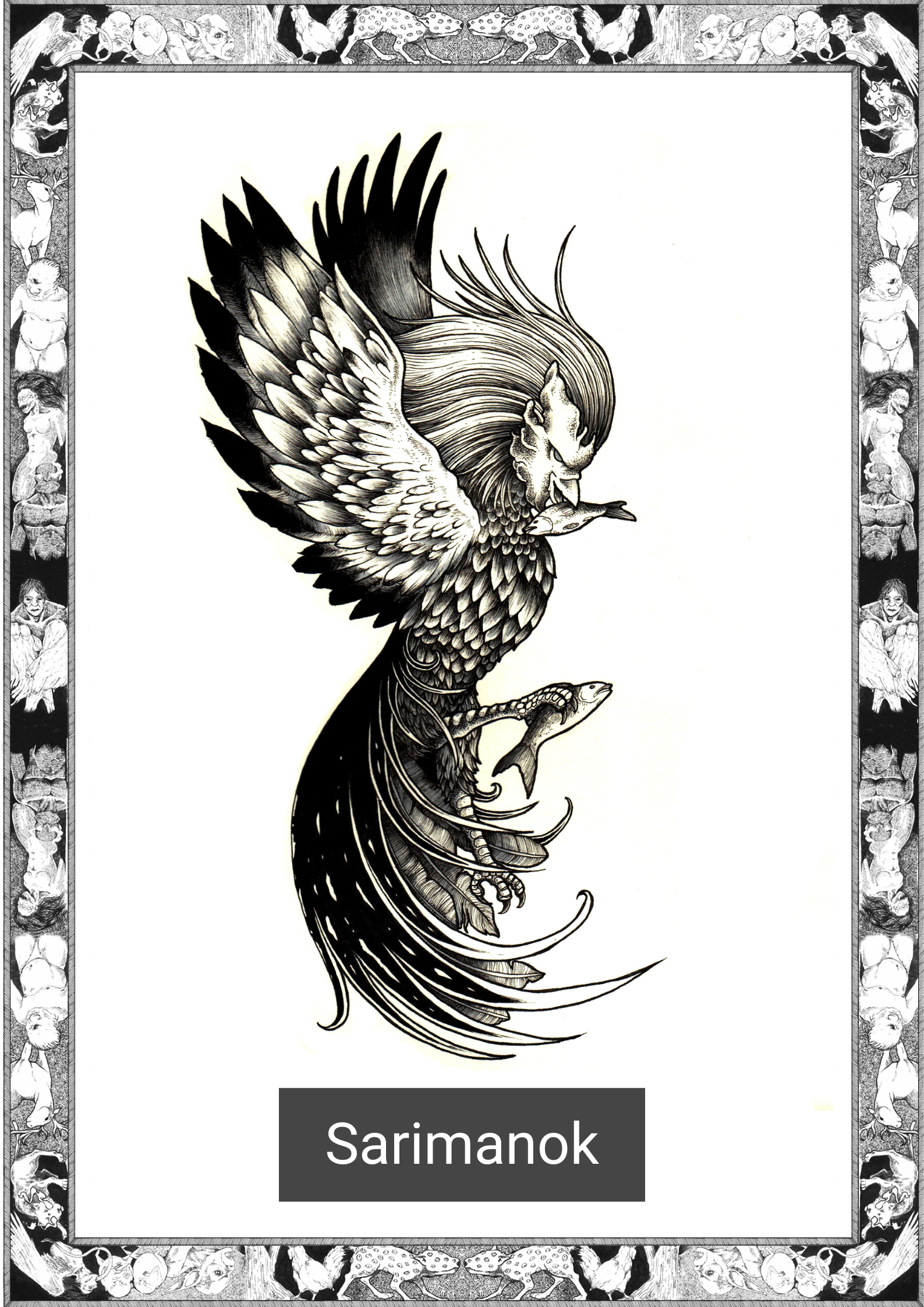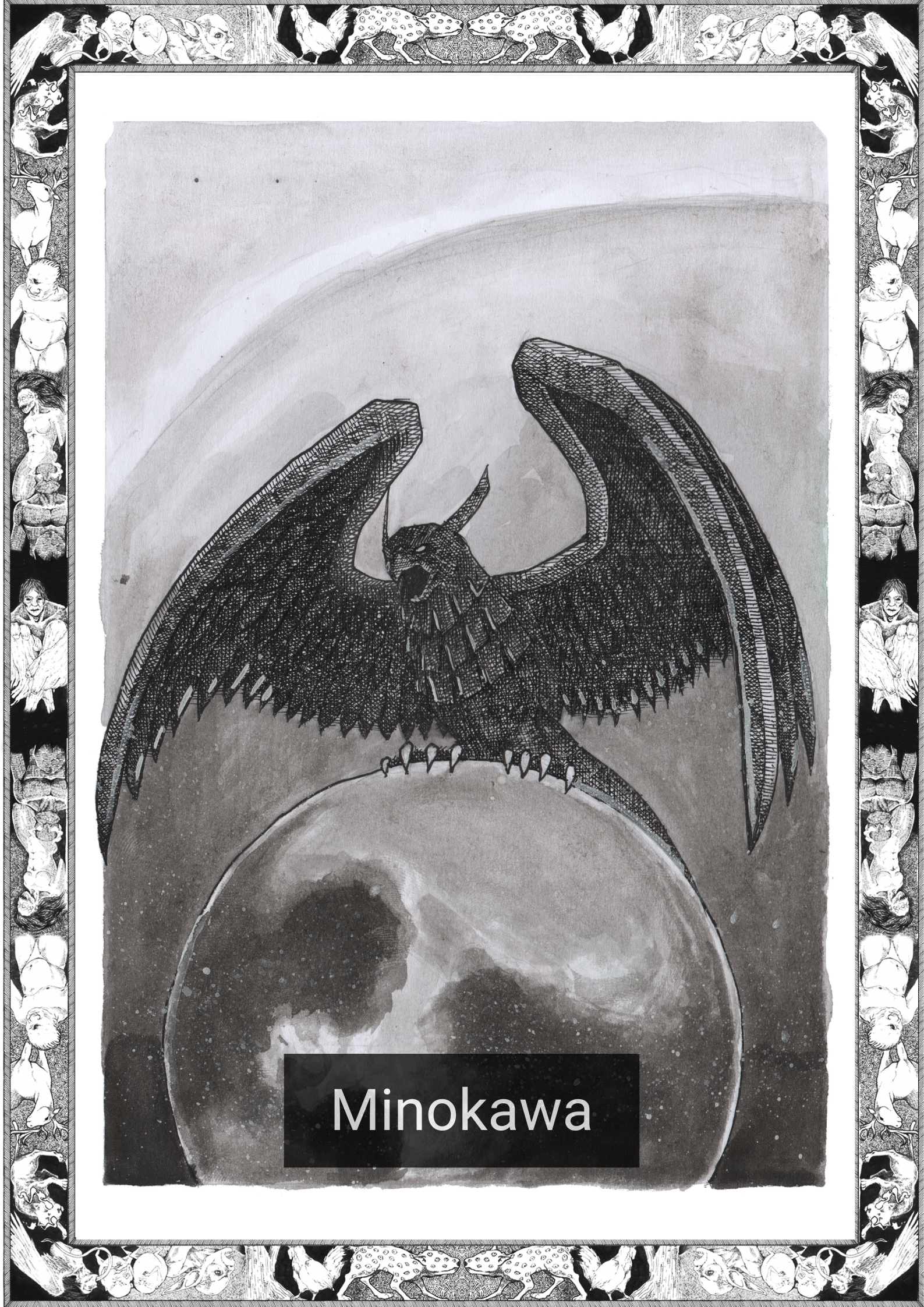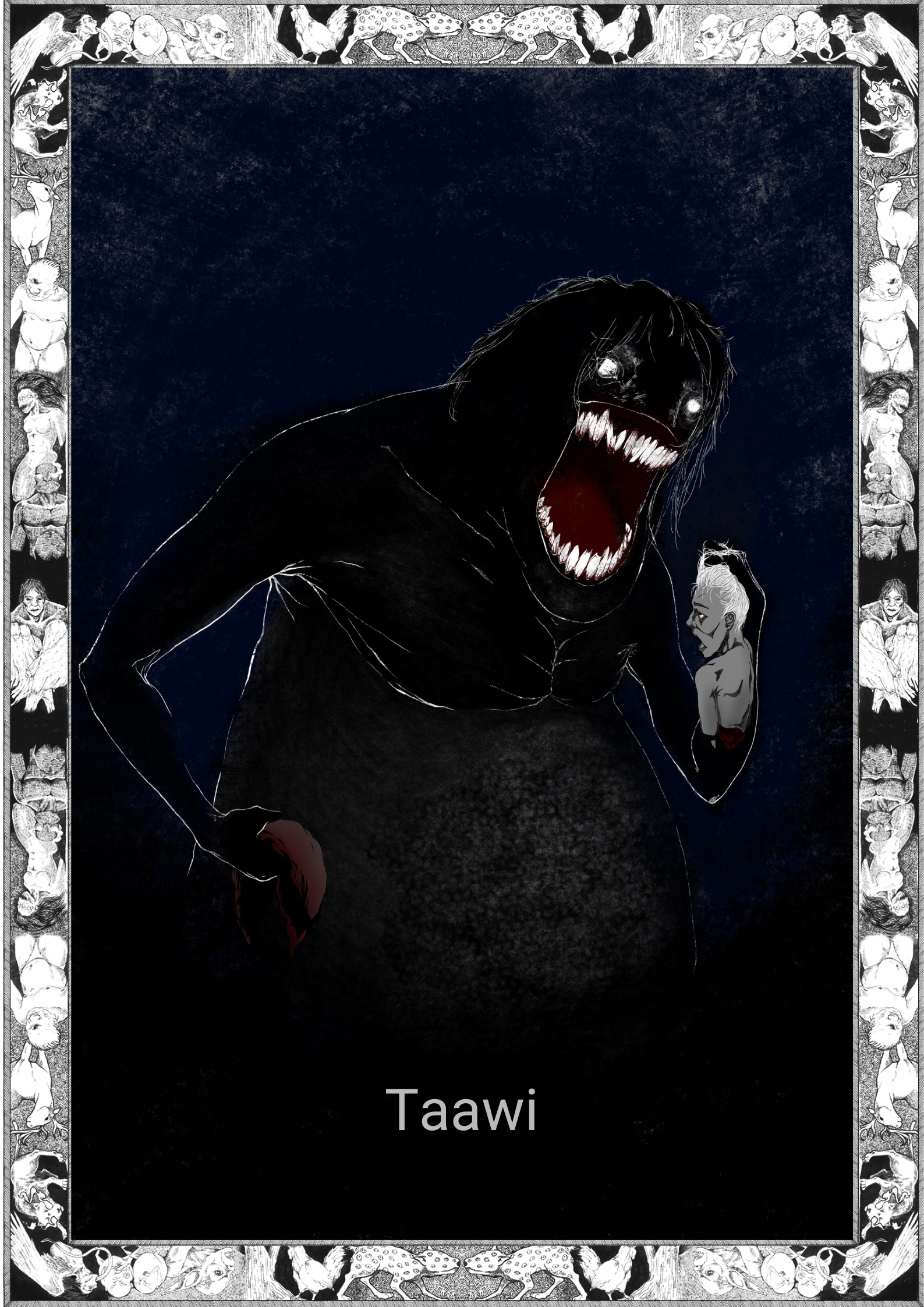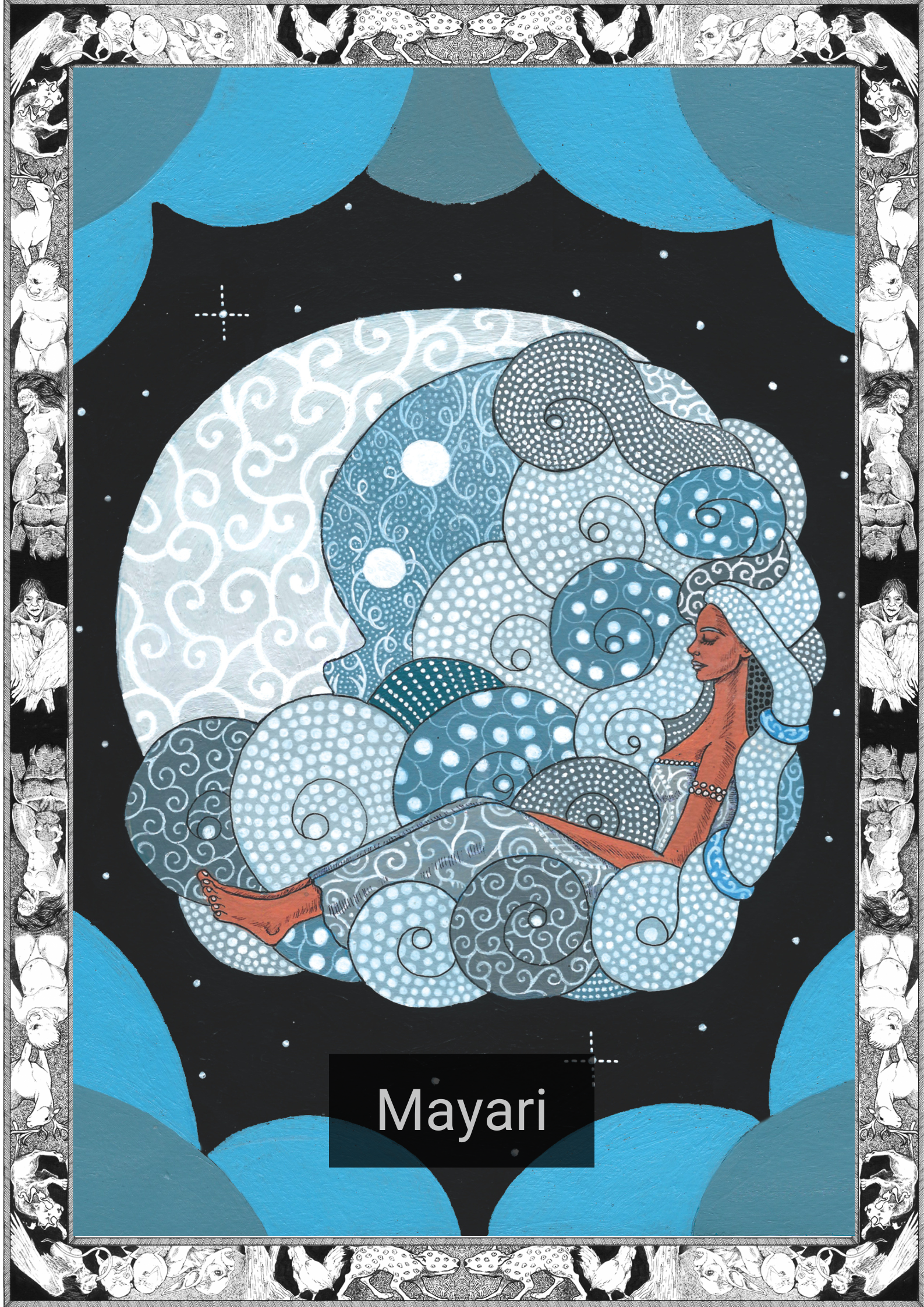
*Note this story is in Tagalog
Hindi lubos maisip ng marami ang mga trahedyang dulot ng mga nilalang na ito. Naaalala ko pa ang mga kwento ng aking lola, mga storya ng paghihiganti at pagkawala. Sinusundan nila ako maging sa aking mga bangungot.
Nag umpisa ang lahat sa aking lolo. Nag pasya syang mag kaingin sa isang maliit na bahagi ng lupa sa bundok upang mataniman ito. Hindi ko alam kung bakit nya naisipang lumayo pa pataas ng bundok, mas malayo sa lugar na nakasanayan nya. Malapit ito sa talon na tinatawag nilang “lamesa”, na nanggaling ang pangalan sa patag na bato sa ilalim nito.
Sinunog nya ang punong nandoon at doon nag umpisa ang mga delubyo.
Sinamahan sya ng aking lola at nanay sa payag para dalhan sya ng hapunan at magpalipas ng gabi kasama sya. Naaalala pa nila ang malalakas na yapak ng mga kabayo. Hindi parin mawala sa isip nila bago sila matulog sa gabi ang kilabot na kanilang naramdaman nang ang mga tunog na iyon ay pumalibot sa kanilang maliit na kubo.
“Benito, halika dito. Kailangan ka naming makausap.” Sinusubukan ng nanay at lola ko na gayahin ang boses na iyon tuwing kine-kwento nila ito, pero ang sabi nila ay kahit anong pilit nila, hindi nila ito makuha. “Ramdam na ramdam mo ang galit sa boses na iyon,” ang sabi nila, “Hindi talga namin kayang gayahin”.
“Maliwanag ang buwan nung gabing iyon.” Ito ang parte ng istorya kung saan nilalarawan ng aking lola ang mga nilalang. “Itsurang tao sila mula ulo hanggang tiyan, pero katawang kabayo ang ibaba nila hanggang paa.” Naisip ko ang mga alamat ng ibang mundo, kung saan merong mga nilalang na kalahating-tao at kalahating-kabayo na tumutulong sa sambayanan. Pero ang sabi ng lola ko, ang mga nilalang na ito ay nandito para sa paghihiganti at hindi para tumulong.
“Magbabayad ka sa iyong kawalan ng respeto,” Tinuro ng pinuno ng mga kabalan ang aking lolo. Sinabi nya na pinatay ng lolo ko ang mga kapatid nya nung sinunog nya ang kanilang puno. Nag makaawa para sakanyang buhay ang lolo ko at sinabing hindi nya magagawang sunugin ang puno kung alam lang nyang merong nakatira doon.
Hindi natinag sa pakiusap ang mga nilalang.
At nag umpisa ang trahedya. Umalis ang mga nilalang ngunit nag iwan sila ng sumpa. Hindi masabi ng mga duktor kung anong sakit ng aking lolo. Tumigil sya sa pagkain dahil tuwing kumakain sya ay sumusuka at umuubo sya ng dugo. Ang sabi nya ay parang sinusunog ang kanyang lalamunan tuwing sya ay sumusuka.
Dahil sa wala nang ibang mahingian ng tulong ang aking lola, pumunta sya sa isang albularyo. Sinubukang makipagusap ng albularyo sa mga nilalang at ang sabi ng lola ko, gabi gabi ay may sinusubukang ritual ang albularyo pero wala itong epekto.
Hindi mapagpatawad ang mga nilalang na ito.
Pagkamatay ng lolo ko, ang uncle ko naman ay tinamaan ng kidlat habang sya ay nasa taas ng puno ng niyog sa labas ng aming bahay. Namatay sya habang natutulog makalipas ang tatlong taon.
Nawalan ng mga ari-arian ang pamilya ng aking ina at naghirap hanggang mamatay sa sakit na cancer ang aking lola.
Wala sa bukabularyo ng mga nilalang na ito ang salitang awa, maghihiganti sila hanggag hindi nababayaran ng dugo ang kinuha sakanila.
Mag-ingat sa mga kabalan, dahil hindi sila makikinig sa kahit anong pagmamakaawa at paghingi ng tawad. At mas lalong mag ingat sa mga puno sa itaas ng bundok, dahil walang nakakaalam kung may nakatira sa mga punong iyon, hanggang huli na ang lahat.
English Version
The tragedies that these creatures bring are unimaginable to some. I still remember the stories that my lola used to tell, stories of vengeance and loss. They follow me in my nightmares.
It all started with my lolo. He decided to kaingin a small piece of land in the mountains, to prepare it for the planting season. I don’t know why he decided to go further up the mountain, away from his usual spot. It was near the waterfall they called “lamesa”, relating to the flat rock on the bottom.
He burned the tree that was there and that was the start of the troubles.
My lola and mother joined him in the payag (nipa hut) afterwards to bring him dinner and to spend the night with him. They still remember the loud hoofbeats. The feeling of dread when the sound circled their small hut still echoes in their memories before they sleep at night.
“Benito, come out. We need to talk to you.” My mother and lola tried to replicate the voice every time they told the story, but they said they could never get it right. “There was too much anger in the voice,“ they said, “more than we can mimic.”
“The moonlight was bright that night.” This was the part of the story where lola describes the creatures. “They were human from head to trunk, but were horses from their trunk to their feet.” I thought back to myths from a different part of the world, where half-human half-horse beings would help humankind. Lola told me that these spirits weren’t helpful at all. They came seeking vengeance.
“You will pay for such arrogance and disrespect.” The leader of the kabalans pointed to my lolo. It told him that my lolo killed its brother when he burned his tree. My lolo begged for his life. He would not have burned the tree had he known there was something living there.
The creatures didn’t care.
Thus began the tragedy. The creatures left that night but their curse lingered. Doctors were never able to tell what exactly was wrong with my lolo. He stopped eating because every time he ate he would vomit and cough up blood. He said it would burn his throat every time he vomited.
My lola had no other choice, she consulted the manggagamot, our local faith healer. The faith healer tried to reason with the creatures. My lola said that night after night the faith healer would try another ritual, but it was all for naught.
The creatures would not be appeased.
After my lolo died, my mom’s elder brother was struck by lightning while he was at the top of the coconut tree outside their house. After three years he died in his sleep.
My mother’s family lost most of their properties and were trapped in poverty until lola died of cancer.
These creatures don’t know the meaning of mercy, they will seek their vengeance until they are repaid in blood.
Beware the kabalans, for they will not listen to your pleas of forgiveness. And be careful around the trees high up in the mountains, you will never know if one makes its home there, not until it’s too late.
————————–————————–———————
*Tagalog is an Austronesian language spoken as a first language by a quarter of the population of the Philippines and as a second language by the majority. Its standardized form, officially named Filipino, is the national language of the Philippines, and is one of two official languages alongside English.
Written by Karl Gaverza
Translation by Kristoffer Allen Ardanas
Copyright © Karl Gaverza
Translation Copyright © Kristoffer Allen Ardanas
Adapted from a Story told by Grace Collantes
Kabalan Illustration by Ysa Peñas
Instagram: https://www.instagram.com/theonechitect/
